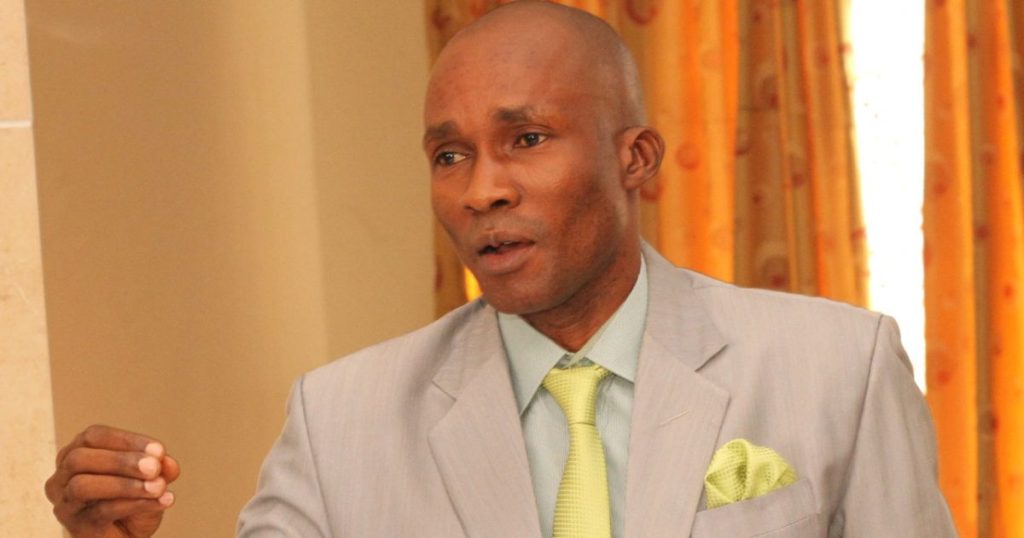The Niger Delta Budget Monitoring Group (NDEBUMOG) has intensified calls for women to be actively included in Nigeria’s extractive sector, emphasizing the need for gender justice and enhanced participation in the management of natural resources. In a recent roundtable discussion held in Uyo, Akwa Ibom State, the group highlighted the importance of implementing the 30 percent economic inclusion campaign for women as stipulated in the Petroleum Industry Act (PIA). NDEBUMOG emphasizes that without the active involvement of women, the goals of gender justice and equitable resource management in the oil and gas sector cannot be fully realized.
During this roundtable, NDEBUMOG issued a communiqué that underscored the necessity for transparency in the PIA’s implementation. The group called for comprehensive training and resources to be made available to community representatives, particularly women, to deepen their understanding of the fiscal policies outlined in the PIA. The training programs are expected to cover essential subjects such as financial literacy, legal rights, and the responsibilities of community trustees. Strengthening these foundational skills is seen as crucial in empowering women to engage actively and effectively in managing the resources derived from their communities.
Furthermore, NDEBUMOG highlighted the importance of forming strategic partnerships with other non-governmental organizations, women’s groups, and media outlets. The media, in particular, is viewed as a powerful ally in amplifying women’s voices and providing them with the necessary tools to advocate for transparency and accountability in the extractive sector. Such collaborative efforts are believed to pave the way for equitable distribution of the benefits arising from the PIA, ultimately fostering women’s empowerment and broader community development.
In addition to advocacy for inclusion and training, NDEBUMOG underscored the need for significant funding in areas that support women’s empowerment. This includes healthcare, education, and economic initiatives. The organization reiterated that capacity building is vital for community trustees, allowing them not only to participate in decision-making but also to ensure a robust accountability mechanism is in place. Proper monitoring is essential to ensure that funds are allocated fairly, particularly towards projects and initiatives that directly benefit women and the community at large.
The roundtable discussion was chaired by the Chairman of the Akwa Ibom State Supreme Council of Traditional Rulers, Odidem Edet. He and other traditional rulers present expressed concern over the diminishing influence of traditional governance structures, calling for a constitutional role in administering the three percent Host Communities Fund under the PIA. By integrating traditional leadership into this governance framework, Edet believes that gender justice and inclusion can be more effectively promoted, aligning traditional leadership with contemporary governance needs.
The event concluded with a strong acknowledgment from traditional rulers of the historical injustices women have faced within the extractive sector. They emphasized that women, who are often the most impacted by the adverse effects of oil exploration, possess valuable knowledge and skills in resource management. Their inclusion in decision-making processes is essential not only for fostering equity but also for developing sustainable community practices that can address the challenges posed by oil extraction and its associated social and environmental consequences. The collective sentiment among stakeholders is clear: true progress in natural resource governance can only be achieved through the active participation of women.


